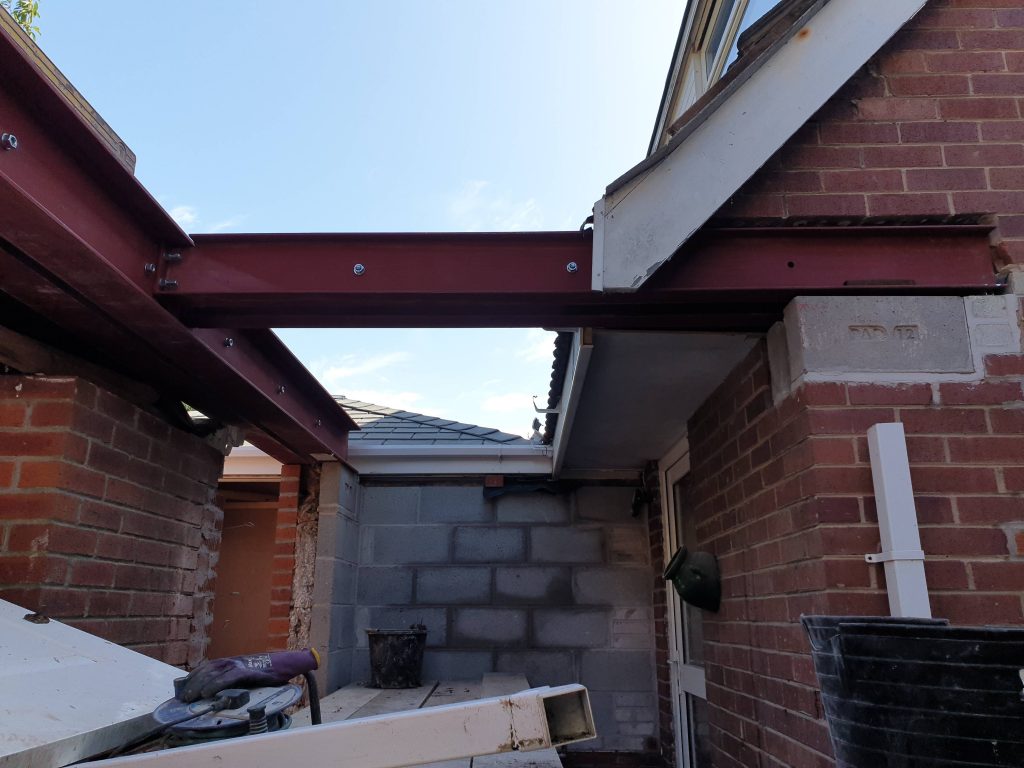When it comes to extending your property, there are plenty of rules and regulations out there which you need to know before you start your project, and Higher End Construction can advise and help with any property extension plans you may have.
The UK Government made significant changes to these laws in August 2020, and in today’s post we’re going to list these changes so you can understand the legal requirements before proceeding in extending your home. It’s essential to read the rules fully though, as there are different conditions dependent on what style your home is (detached, semi-detached, terrace etc).
Understanding “Permitted Developments”
What is a “Permitted Development“? A permitted development is a development to a property which allows certain changes to be made with the need for planning permission.
Changes to the planning permission laws has made extending your home far easier, and without the need for drawn out timescales which have been part of planning permissions in the past.
The Government sees these changes as a good option to homeowners to help with the growing need for affordable living, allowing houses to be extended to accommodate additional family or simply to add additional space where required.
So… what changes have been made to planning permission and what can you now do without having planning permission granted?
Kitchen Extensions
If you have a detached property, you can now extend up to a maximum of four meters to the rear of your property – if you have terraced or semi-detached property, the limit is set at three meters.
It’s important to note however that the extension must not make take up more than half of the available outside space, and that any extension must be in keeping with the original property – i.e. all materials must be used so that the extension looks original and not stand out.
Loft Extensions
Perfect for the increase in Working From Home options, having a loft extension could give you a new office, additional storage or add an additional bedroom.
If you have a detached or semi-detached property then the limit is 50 cubic metres. Terraced properties have a 40 cubic meter limit.
2 Storey Rear Extension
As long as you leave at least a seven meter gap to the back of your garden then extend up to three meters. There are no restrictions on the property type.
Outbuildings
As the loft extension above, creating an outbuilding may be an ideal solution for a home office but equally could be just as good as a gym or additional storage. All outbuildings must be a single storey and CANNOT be used as a full-time bedroom. With outbuildings, there are additional conditions which apply – specifically to do with the height of the building and the footprint.
Side Extension
If you’ve got a detached property, then you can now extend your home sideways without planning permission – but the extension must only be a single storey and cannot be more than half the width of the original property.
As the kitchen extension above, the side extension must match the existing look of the original property.
One thing to note is that there are restrictions on height for a side extension dependent on how close you are to the boundary of your property and a neighbour.
Side Return
You can now extend the back of your property to it’s full width – as long as it’s not higher than four meters or more than half the original property width.
Front Porch
Front porches are a great storage space for shoes, wellies, umbrellas etc. and are often forgotten about when people consider extending their property. They are also useful for adding an extra “layer” of protection from the elements. As long as they are kept to a three square metre space, with a height up to three metres then it may be a great addition to your home.
Note though that a new front porch cannot be within two metres of your boundary.
Swimming Pool
If you’re lucky enough to be considering adding a swimming pool to your property, then as long as it can’t be seen from the front and doesn’t take up more than half the back garden, then you no longer need planning permission.
Still unsure? Then contact us today to find out how we can help!
Although some of the updates are fairly self-explanatory the Government does advise that it’s always best to check before with someone who has experience in extensions before proceeding with the project. Higher End Construction can help you with your queries and can advise if you will need planning permission on any property updates you have in mind. If you do need permission, we can also assist and advise with that too.
To find out more give one of our team a call today on 01772 555084 or visit our contact page to send us a message.


















